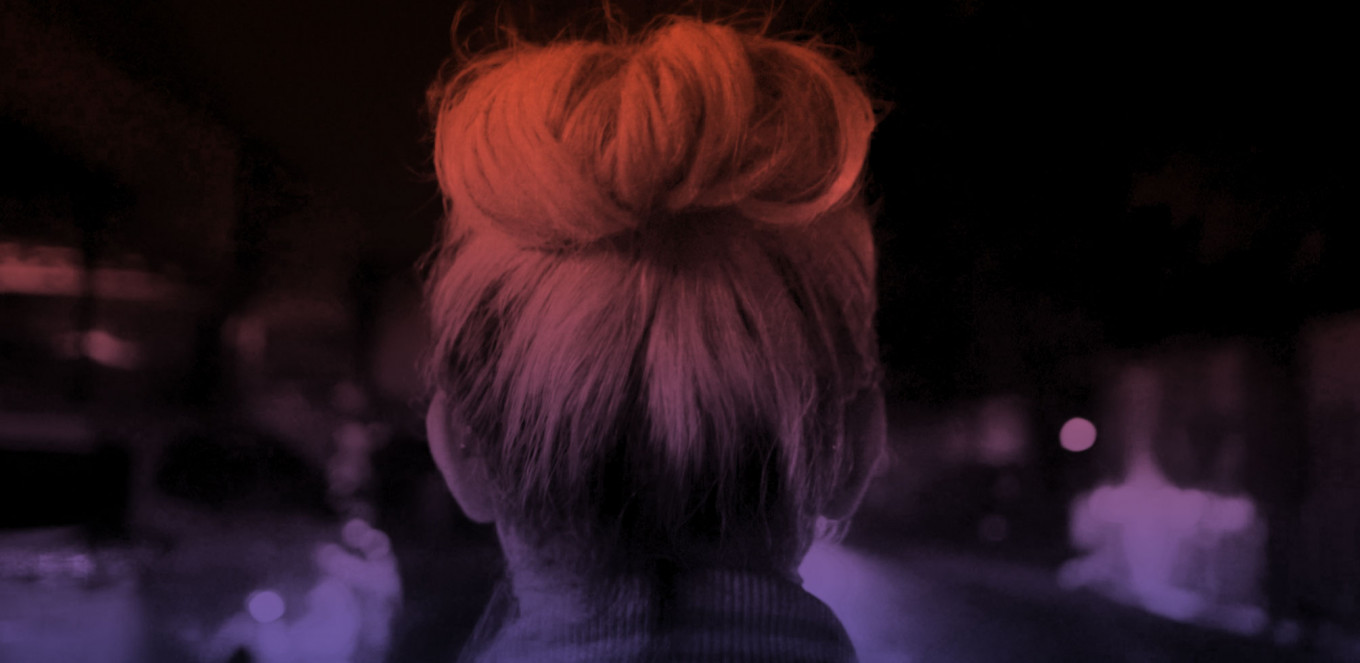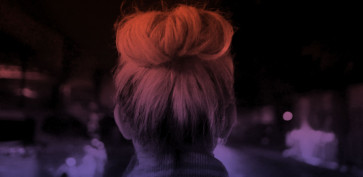Popular Reads
Top Results
Can't find what you're looking for?
View all search resultsPopular Reads
Top Results
Can't find what you're looking for?
View all search resultsBerlin festival amplifies underrepresented Indonesian voices
KAUM Festival, organized by Berlin art collective Soydivision, aims to highlight marginalized Indonesian communities in the German capital during the month of August.
Change text size
Gift Premium Articles
to Anyone
O
ne and a half years into the pandemic, people all over the world have grown tired of the lockdowns and restrictions that have brought everyday life to a standstill. While these remain necessary to keep the coronavirus at bay, daily routines have changed drastically, both personally and professionally.
Moreover, recreational life has languished. Berlin, for instance, famous for its dynamic, rich cultural scene and nightlife, was suddenly home to empty cinemas, deserted galleries, closed theaters and music halls. Concerts, plays and festivals had to be canceled. In the midst of these rather bleak circumstances, art collective Soydivision nevertheless planned and prepared KAUM Festival, a two-week celebration of Indonesian culture and diversity in Berlin, where most of its members are based.
Established in the German capital in 2017, Soydivision has since made a name for itself as an independent alternative Indonesian diaspora collective that aims to provoke discussion about the exploration and expression of identity through art and food. With the inaugural edition of KAUM Festival from Aug. 8 to 21, Soydivision is expanding its reach and field of activity by creating a platform and space for underrepresented voices.
“We had been planning to organize a festival format since last year but wanted a different approach from the typical Indonesian or Asian fair,” said Ariel William Orah, founder of Soydivision and one of the curators of KAUM Festival. “Then the idea evolved into highlighting performance and film, since these two art mediums are the ones that we have been involved with the most.”
For the festival’s main categories, he added, they chose issues and topics that were at times still hard to present in Indonesia, such as LGBTQ+, feminism, East Indonesia, Chinese Indonesians and environmental injustice.
“The word KAUM came to our minds, and we think that word really represents what we want to achieve, to have a platform for marginalized Indonesian people to showcase their work,” Ariel explained.
The word kaum can be found in both the Indonesian and German languages. In Indonesian, the word means clan or community. In German, it means barely or marginally.



















